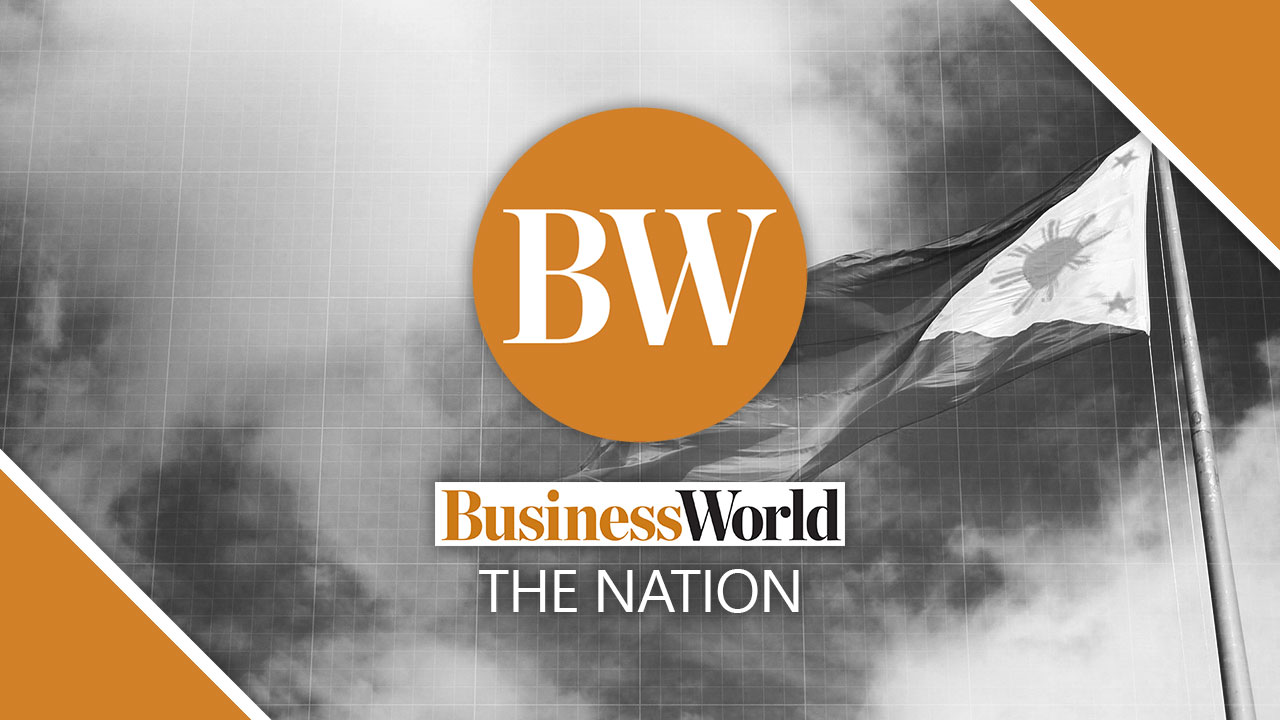Philippine rights groups protest on last international rights day under Duterte gov’t

Progressive groups from across the Philippine political spectrum joined forces on Thursday to mark international Human Rights Day, the last under Rodrigo R. Duterte’s presidency.
The groups, which include Bagong Alyansa Makabayan, Karapatan, Anakbayan, and Laban ng Masa, among others, urged the public to reject the leadership of Mr. Duterte, who has been criticized by both domestic and international groups for initiating a drug war that has killed thousands of people and enforcing a counterinsurgency program that has seen the arrest of hundreds of activists.
The Duterte administration plunged the country into a human rights crisis and facilitated massive democratic backsliding, said Cristina E. Palabay, Karapatan Secretary General, and one of the hundreds of protesters at the University of the Philippines’ main campus, located in a city near the capital Manila.
The country “cannot let another six years of the same deadly campaigns to continue,” Ms. Palabay said in a statement. “The Filipino people have suffered six years of state terror, violence, and repression.”
The groups, which also include party lists under the House Makabayan bloc, said that Mr. Duterte has been reviving the alleged crimes committed under the two-decade rule of the late dictator Ferdinand E. Marcos, whose son is now gunning for the country’s top post.
Ferdinand “Bongbong” R. Marcos, Jr., who is currently facing several petitions seeking to block his candidacy for president, is running with Mr. Duterte’s daughter, vice-presidential hopeful Davao City Mayor Sara Duterte-Carpio.
“Today, we are called not only to vote for candidates and leaders that would uphold our rights,” Ms. Palabay said, “we are called as a people to stand for our hard-won rights and freedom, and to resist tyranny and dictatorship.”
Rights group In Defense of Human Rights and Dignity (I-Defend), in a statement, said the country will continue to “stand at the precipice of a total collapse of our democratic system” unless a government that respects human rights and social justice is elected.
Human rights must be included in the electoral agenda, it added.
PROMISES FULFILLED
Meanwhile, the Presidential Palace said that Mr. Duterte has fulfilled his promises to pursue social justice and advance human rights in the country.
“We find satisfaction that during the past six years, the President has consistently introduced and implemented programs and projects to reduce inequalities and advance human rights,” Executive Secretary Salvador C. Medialdea said in a statement read by Mr. Duterte’s acting spokesman in a regular Palace news conference.
“We all have seen those promises fulfilled even in the midst of a pandemic, which has affected us all,” he added.
Mr. Duterte was set to participate in the last day of a democracy summit hosted by US President Joseph R. Biden.
Acting presidential spokesman Carlo Alexei B. Nograles said that the invitation sent by the US to the Philippine government is a recognition that democracy still exists in the country.
The protest initiated by activist groups was held just a day after the Philippines’ Supreme Court declared unconstitutional two portions of a controversial anti-terrorism law, which critics said could be used to stifle dissent and harass them.
The petitioners who challenged the law vowed to file a motion for reconsideration on provisions covering an extended period of detention even without sufficient evidence as well as the powers of the country’s anti-terrorism council.
“They will arrest and detain you even without enough evidence. That should not be allowed,” Neri J. Colmenares, one of the petitioners, said at a virtual press conference.
“We will also file a motion for reconsideration on the powers and mandate” of the anti-terror council, which he said can freeze the bank accounts of whoever it considers terrorist.
Lawyer Howard M. Calleja, another petitioner, said they would continue to exhaust available remedies for the reconsideration of the other provisions of the law, which they said are unlawful.
“Definitely, we feel strongly about having other questionable provisions declared unconstitutional as well,” he said at the same conference. “We will continue to make our case in our motion for reconsideration. Hopefully the Supreme Court will reconsider. But for now, we take our victories and use them as inspiration moving forward.”
Voting 12-3 in a case hearing on Dec. 7, the court declared as unlawful a provision which states that a protest could be considered terrorism if it is intended to cause death or physical harm, to endanger a person’s life, or to create a serious public safety risk.
That provision is “overbroad and violative of freedom of expression,” according to the court.
Voting 9-6, the high tribunal also declared unconstitutional a designation method that would have allowed the country’s anti-terrorism council to adopt proscriptions by international authorities after a through criteria review.
The High Court said that other challenged provisions of the law — including warrantless arrest and 24-day detention — are not unconstitutional or are still enforceable.
According to rights group Karapatan, there are more than 700 political prisoners in the Philippines, 489 of whom were arrested under the Duterte government. More than 400 politically motivated killings happened under the current administration, it said.
The International Criminal Court’s Office of the Prosecutor recently assured that it would ask the Philippine government to provide proof that it is investigating its war on drugs, after the tribunal suspended an initial probe.
The government has taken an increasingly large role in targeting civilians, “no longer trying to create distance by ‘outsourcing’ the majority of violence to vigilantes,” US-based Armed Conflict Location and Event Data Project said in a report published on Nov. 18.
After analyzing data and information from at least 40 sources, the group said in a report that the Philippine government had been “undercounting” civilian deaths in the drug war.
At least 1,100 fatalities in the bloody campaign have not been counted by the government, it said. “We now estimate at least 7,742 civilians have been killed in the drug war since 2016.” — Kyle Aristophere Atienza



